Home>Home Appliances>Bathroom Appliances>Why My Weight Scale Gives Different Readings
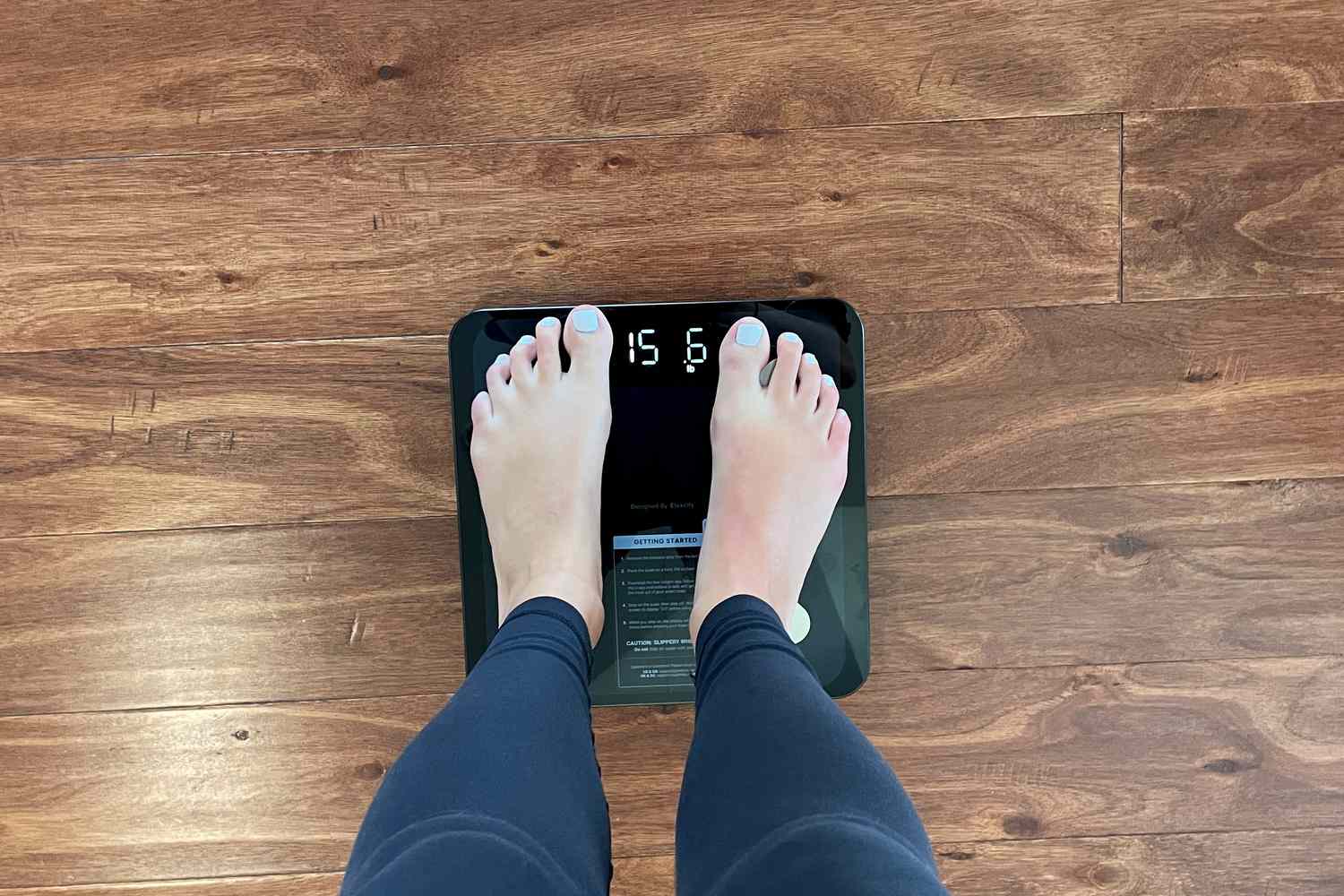

Bathroom Appliances
Why My Weight Scale Gives Different Readings
Modified: August 17, 2024
Discover why your bathroom scale may be displaying inconsistent readings and how to troubleshoot the issue. Learn how to ensure accurate measurements with your weight scale. Find solutions for your bathroom appliances.
(Many of the links in this article redirect to a specific reviewed product. Your purchase of these products through affiliate links helps to generate commission for Storables.com, at no extra cost. Learn more)
Introduction
Weight scales are essential tools for monitoring our health and fitness goals. Whether it's tracking weight loss progress or simply staying informed about our body's fluctuations, weight scales play a crucial role in our daily routines. However, it's not uncommon to encounter discrepancies in weight scale readings, leaving many individuals puzzled and frustrated. Understanding why weight scales give different readings is vital for maintaining accuracy and reliability in our measurements.
In this comprehensive guide, we will delve into the various factors that can influence weight scale readings. From environmental conditions to user-related variables, we will explore the intricate elements that contribute to the fluctuating numbers displayed on our weight scales. Additionally, we will discuss the significance of calibrating and maintaining weight scales to ensure consistent and precise measurements. By the end of this article, you will have a deeper understanding of why your weight scale may provide inconsistent readings and how to address these issues effectively.
Let's embark on this enlightening journey to unravel the mysteries behind fluctuating weight scale readings and empower ourselves with the knowledge to achieve accurate and reliable measurements.
Key Takeaways:
- Your weight scale readings can vary due to factors like surface stability, user positioning, and battery level. Understanding these influences helps you take accurate measurements and track your health journey effectively.
- Regular calibration and maintenance, along with simple tips like weighing yourself at the same time each day and wearing similar clothing, ensure consistent and reliable weight scale readings. Stay informed and empowered on your wellness journey!
Read more: How To Fix A Weight Scale
Factors Affecting Weight Scale Readings
Weight scale readings can be influenced by a myriad of factors, leading to discrepancies and variations in the displayed measurements. Understanding these factors is crucial for interpreting weight scale readings accurately. Let's explore the key elements that can impact the reliability of weight scale measurements:
-
Surface Stability: The stability of the surface on which the weight scale is placed can significantly affect its readings. Uneven or soft surfaces, such as carpets or uneven flooring, may cause the weight scale to provide inconsistent measurements. It is advisable to place the scale on a hard, flat surface to ensure stability and accuracy.
-
User Positioning: The positioning and distribution of weight by the user can impact weight scale readings. Uneven distribution of weight on the scale or leaning in a particular direction can lead to fluctuating measurements. Users should stand still and distribute their weight evenly on the scale for consistent readings.
-
Environmental Conditions: Environmental factors, such as temperature and humidity, can influence weight scale accuracy. Extreme temperature variations or high humidity levels can affect the scale's components, leading to inaccurate readings. It is essential to place the scale in a stable environment with moderate temperature and humidity levels.
-
Battery Level: For digital weight scales, the battery level can impact the accuracy of readings. Low battery levels may result in inconsistent measurements or the scale failing to function altogether. Regularly checking and replacing the batteries is essential for maintaining accurate readings.
-
User Health and Hydration: Fluctuations in body hydration levels and health conditions can lead to varying weight scale readings. Factors such as water retention, menstrual cycles, and certain health conditions can cause temporary weight fluctuations, impacting the accuracy of measurements.
-
Scale Calibration: Over time, weight scales may require recalibration to maintain accuracy. Failure to calibrate the scale at regular intervals can result in unreliable readings. Calibration ensures that the scale provides consistent and precise measurements.
By understanding these factors, individuals can take proactive measures to minimize discrepancies in weight scale readings and ensure the reliability of their measurements. Awareness of these influences empowers users to make informed decisions and maintain accurate tracking of their weight and fitness progress.
Calibration and Maintenance of Weight Scales
Calibration and maintenance are pivotal aspects of ensuring the accuracy and reliability of weight scales. Over time, various factors can impact the precision of weight scale readings, making regular calibration and maintenance essential for consistent performance.
Importance of Calibration
Calibration is the process of adjusting a weight scale to ensure its measurements align with known standards. It involves verifying and, if necessary, adjusting the scale's accuracy by comparing its readings to certified weights. Regular calibration is crucial for preserving the scale's precision and minimizing discrepancies in measurements. Without proper calibration, weight scales may provide inaccurate readings, leading to confusion and frustration for users.
Frequency of Calibration
The frequency of calibration depends on several factors, including the scale's usage, environmental conditions, and manufacturer recommendations. For commercial and medical applications, frequent calibration is imperative to meet industry standards and regulatory requirements. In contrast, home users may opt for less frequent calibration, typically once or twice a year, to maintain the scale's accuracy.
Read more: How To Use A Manual Weight Scale
Professional Calibration Services
Professional calibration services offer expertise in verifying and adjusting weight scales to ensure their accuracy. These services utilize certified weights and precision instruments to calibrate scales according to established standards. By entrusting the calibration process to professionals, users can have confidence in the accuracy of their weight scale readings.
User Maintenance Practices
In addition to calibration, regular maintenance by users is essential for prolonging the lifespan and accuracy of weight scales. Simple maintenance practices include keeping the scale clean and free from debris, ensuring that it is placed on a stable surface, and protecting it from excessive moisture or temperature extremes. Furthermore, users should handle the scale with care to prevent damage to its internal components.
Digital Scale Considerations
For digital weight scales, battery maintenance is critical for consistent performance. Users should monitor the battery level and replace it when necessary to prevent fluctuations in readings or malfunctions. Additionally, periodic inspection of the scale's sensors and components can help identify any issues that may affect its accuracy.
By prioritizing calibration and maintenance, users can uphold the precision of their weight scales, fostering trust in the measurements provided. Whether for personal health tracking or professional applications, a well-maintained and calibrated weight scale ensures that users can rely on consistent and accurate readings.
Tips for Consistent Weight Scale Readings
Consistency in weight scale readings is paramount for accurately tracking progress and making informed health decisions. To achieve reliable and consistent measurements, individuals can implement the following tips and practices:
-
Weigh Yourself at the Same Time: Weight can fluctuate throughout the day due to food and fluid intake, making it advisable to weigh yourself at the same time each day. Many individuals prefer weighing themselves in the morning, before consuming food or liquids, to obtain more consistent readings.
-
Wear Similar Clothing: Clothing and accessories can add varying weights, impacting scale readings. To minimize this influence, wearing similar clothing each time you weigh yourself can help maintain consistency in measurements.
-
Position the Scale Correctly: Placing the scale on a level surface and ensuring it is not tilted or wobbly is essential for accurate readings. Any imbalance in the scale's positioning can lead to inconsistent measurements.
-
Use the Same Scale: If possible, consistently use the same scale for measurements. Different scales may provide slightly different readings, leading to confusion and inaccuracies in tracking progress.
-
Allow the Scale to Reset: After each use, allow the scale to reset to zero before stepping on it for the next measurement. This practice ensures that the scale is ready to provide an accurate reading without any residual weight from the previous use.
-
Maintain a Record: Keeping a record of your weight measurements can provide valuable insights into trends and patterns. Whether using a digital app or a traditional journal, tracking your measurements over time can help identify fluctuations and progress more effectively.
-
Check for Scale Errors: Periodically inspect the scale for any signs of errors or malfunctions. This includes ensuring that the scale's sensors are clean and free from debris, and that the display is functioning correctly.
-
Be Mindful of External Influences: Factors such as recent exercise, changes in diet, or illness can impact weight measurements. Being mindful of these external influences can help interpret readings more accurately.
By incorporating these tips into your weight measurement routine, you can enhance the consistency and reliability of your scale readings. Consistent and accurate measurements empower individuals to make informed decisions regarding their health and fitness goals, ultimately contributing to a more effective and rewarding wellness journey.
Read more: How To Connect A Weight Watchers Scale
Conclusion
In conclusion, understanding the factors that contribute to varying weight scale readings is essential for obtaining accurate and reliable measurements. From surface stability and user positioning to environmental conditions and scale calibration, numerous elements can influence the precision of weight scale readings. By acknowledging these factors, individuals can take proactive measures to minimize discrepancies and ensure the consistency of their measurements.
Calibration and maintenance emerge as critical practices for preserving the accuracy of weight scales. Regular calibration, whether performed by professionals or through user maintenance, is pivotal for aligning the scale's measurements with established standards. Additionally, user maintenance practices, especially for digital scales, play a significant role in prolonging the scale's lifespan and accuracy.
Furthermore, implementing tips for consistent weight scale readings, such as weighing oneself at the same time each day, wearing similar clothing for measurements, and maintaining a record of weight measurements, can significantly enhance the reliability of the readings. These practices empower individuals to track their progress effectively and make informed decisions regarding their health and fitness goals.
Ultimately, the journey to achieving consistent and reliable weight scale readings involves a combination of awareness, proactive maintenance, and mindful measurement practices. By embracing these principles, individuals can foster trust in their weight scale measurements, leading to a more informed and empowered approach to managing their health and wellness.
As we conclude this exploration into the intricacies of weight scale readings, it is evident that a holistic understanding of the factors at play, coupled with proactive maintenance and consistent measurement practices, is the key to unlocking the full potential of weight scales as valuable tools for health and fitness management. With this knowledge in hand, individuals can embark on their wellness journeys with confidence, armed with the ability to interpret their weight scale readings accurately and make informed decisions that align with their health and fitness aspirations.
Frequently Asked Questions about Why My Weight Scale Gives Different Readings
Was this page helpful?
At Storables.com, we guarantee accurate and reliable information. Our content, validated by Expert Board Contributors, is crafted following stringent Editorial Policies. We're committed to providing you with well-researched, expert-backed insights for all your informational needs.
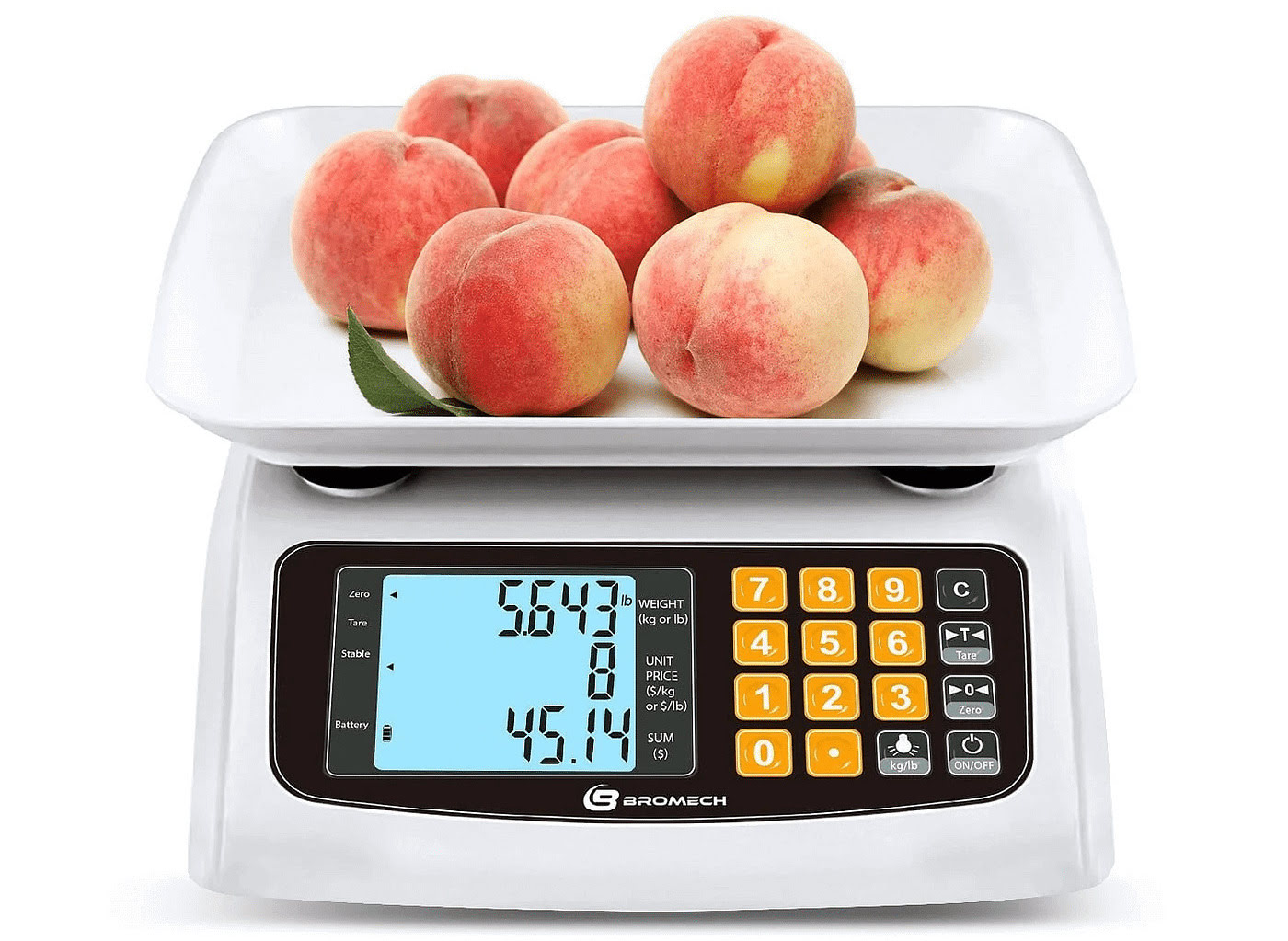

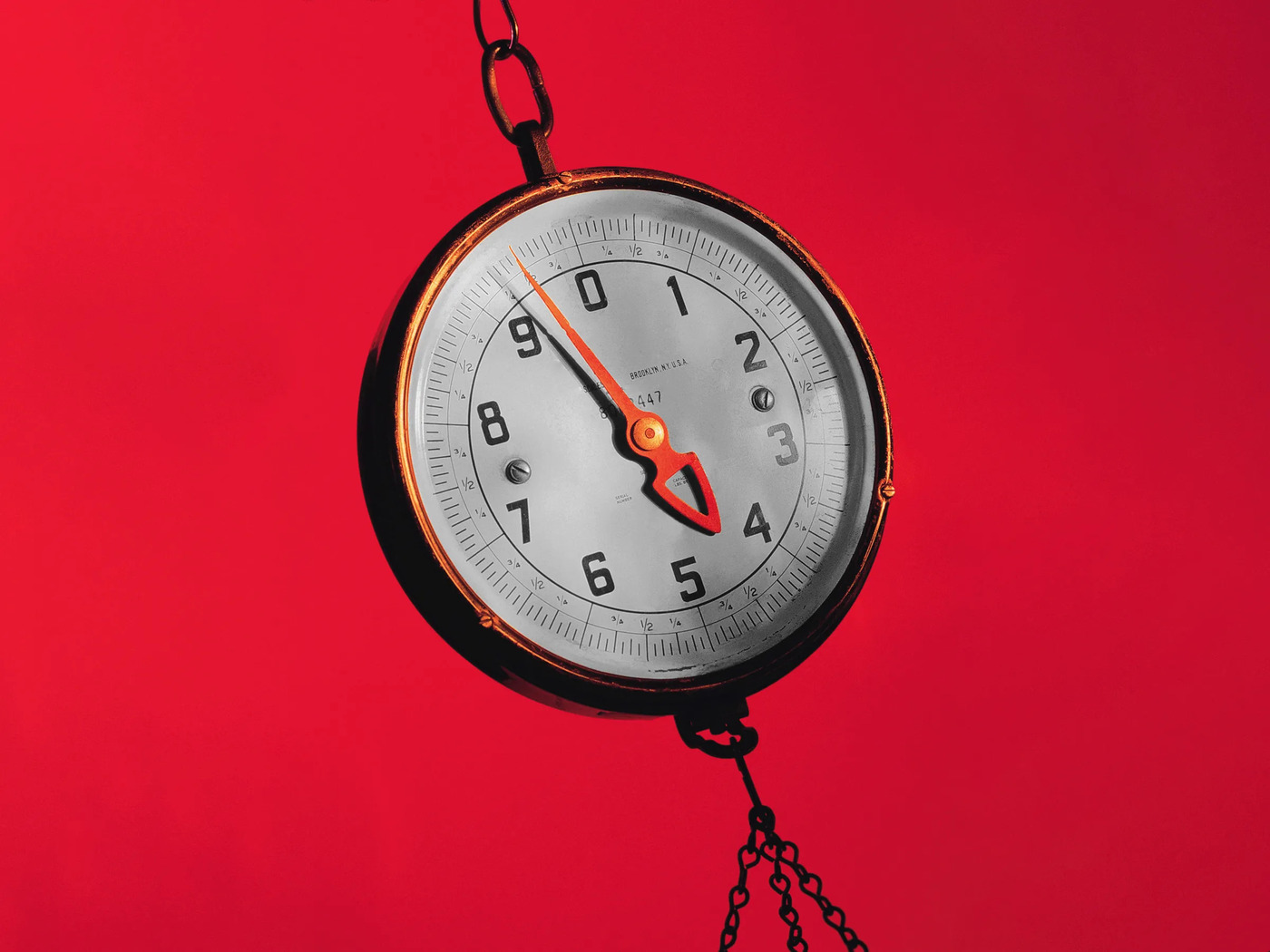



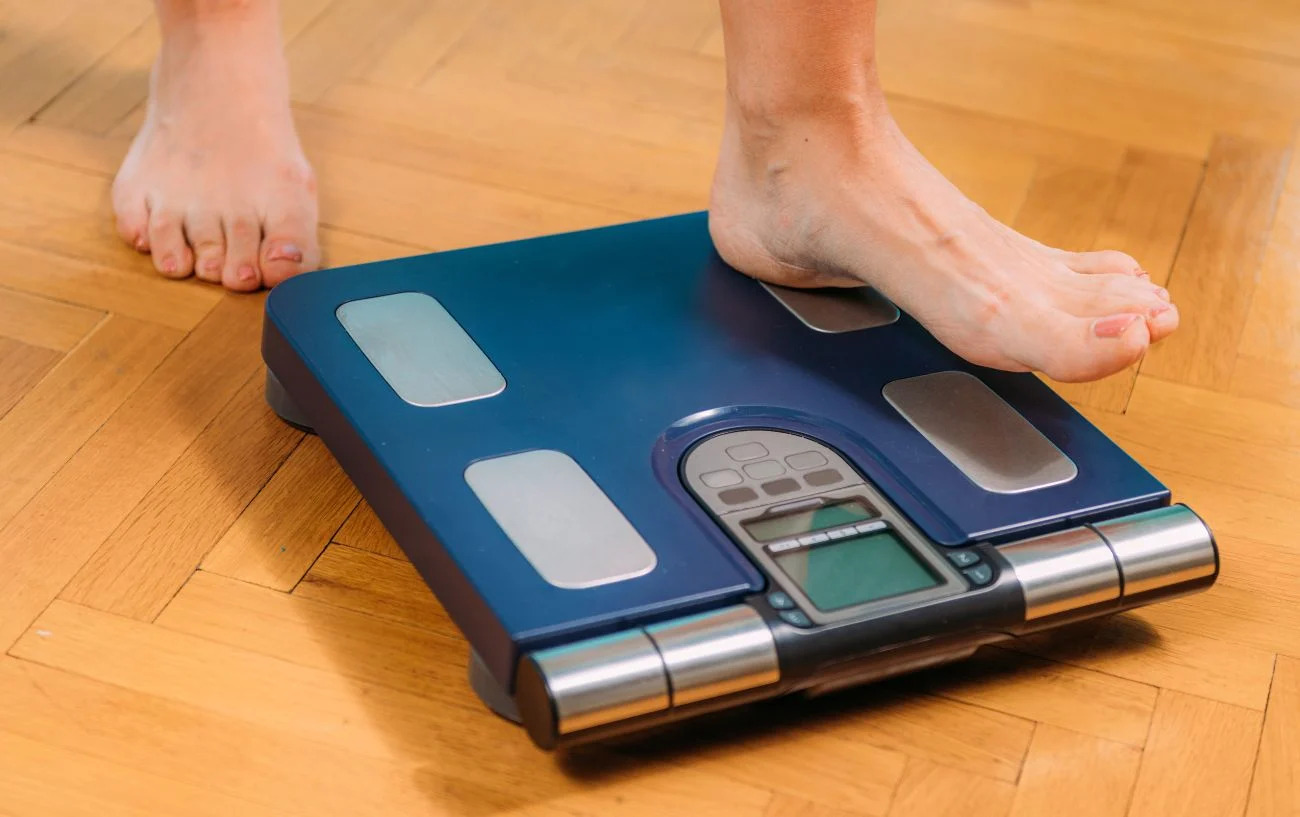





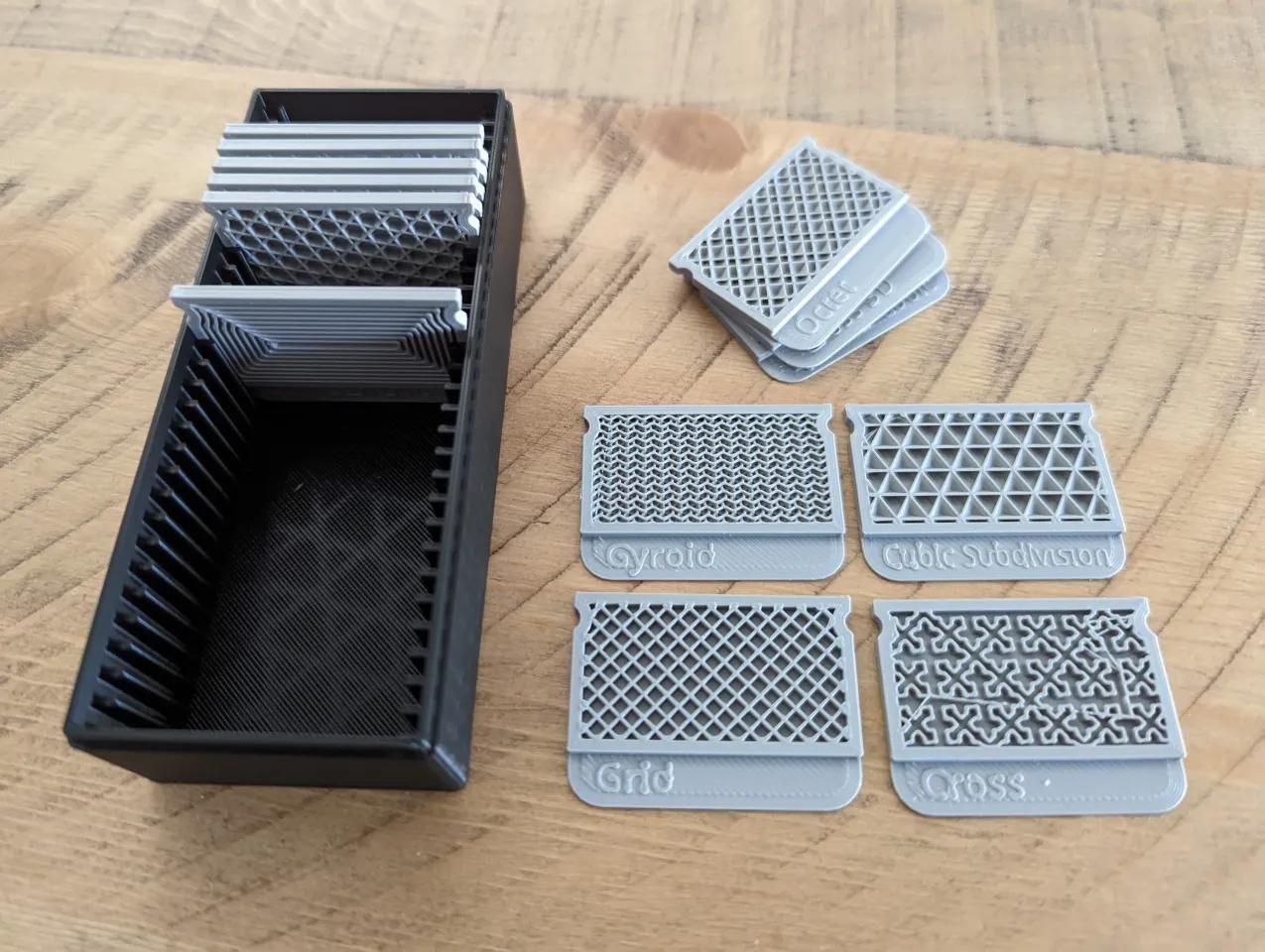

0 thoughts on “Why My Weight Scale Gives Different Readings”